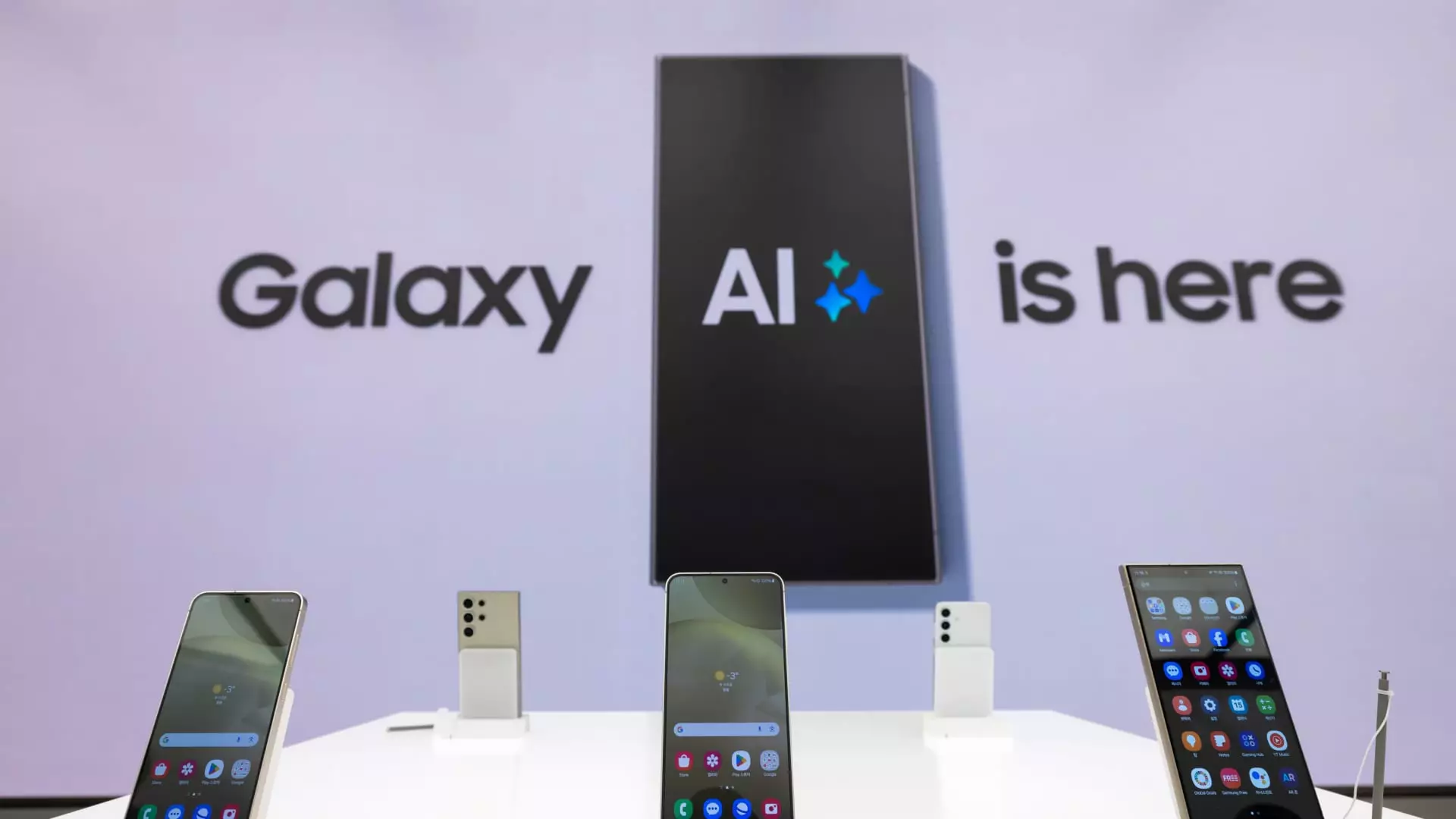Voice assistants have come a long way since their inception, with Samsung’s Bixby being one of the key players in the market. Launched in 2017 with the Galaxy S8 smartphone, Bixby offered a range of functions such as live translations and restaurant recommendations. However, traditional voice assistants have been limited in their conversational abilities, primarily responding to user queries. With the advancement of technology, chatbots powered by generative AI like OpenAI’s ChatGPT have raised the bar in terms of complexity and natural language processing.
As part of its efforts to stay competitive in the AI space, Samsung is considering incorporating generative AI technology into Bixby. The company’s vision is to make Bixby more adept at understanding and responding to users’ prompts, akin to the capabilities demonstrated by new-age chatbots. Currently, Bixby is available across Samsung’s range of devices, including smartphones, smartwatches, and appliances, serving as a central tool for device control within the ecosystem. However, compared to advanced AI models like ChatGPT, Bixby falls short in terms of conversational prowess.
The Role of Generative AI in Redefining Bixby
According to Won-joon Choi, executive vice president at Samsung’s mobile business, the integration of generative AI and large language models (LLM) could redefine Bixby’s role and elevate its intelligence. By enabling more natural conversations and enhancing user interactions with Samsung products, the goal is to create a seamless interface that caters to the diverse needs of consumers. Choi emphasized that Samsung is committed to delivering these advanced features, although a specific timeline for the implementation of generative AI in Bixby was not disclosed.
Samsung’s strategic focus on enhancing Bixby through generative AI technology coincides with heightened investor interest in Apple’s approach to AI innovation. As Apple gears up for its annual developers conference, WWDC, expectations are high for the tech giant to unveil new AI features across its product offerings. The competition between Samsung and Apple in the AI space underscores the significance of staying at the forefront of technological advancements to meet consumer demands and solidify market leadership.
Samsung’s potential integration of generative AI technology into Bixby represents a pivotal step in the evolution of voice assistants. By embracing cutting-edge AI capabilities, Samsung aims to empower Bixby with enhanced conversational abilities and intelligence, setting the stage for a more immersive user experience across its devices. As the tech landscape continues to evolve rapidly, the race to leverage AI innovations to drive product innovation and competitiveness remains a top priority for industry players like Samsung.


Leave a Reply